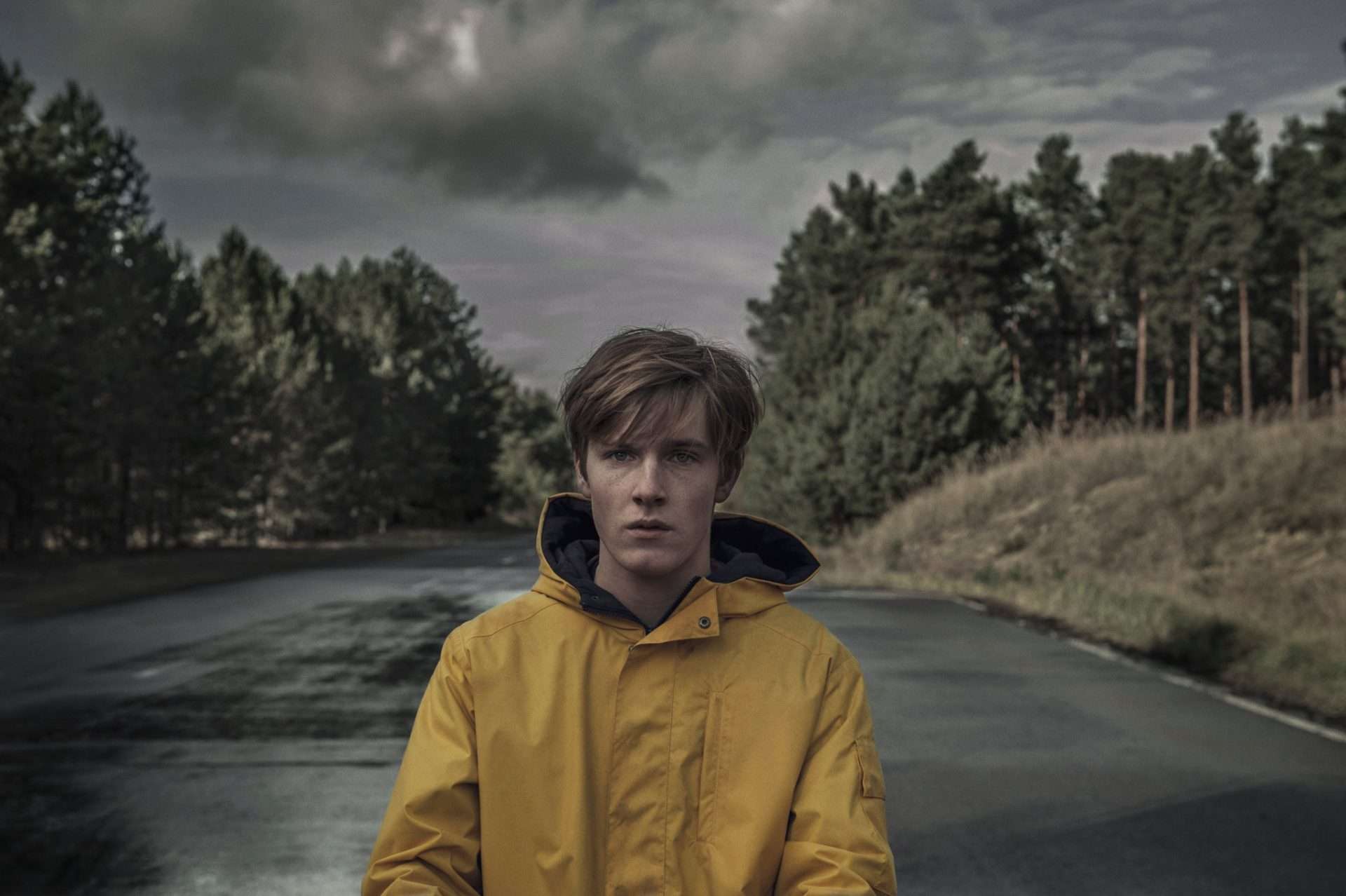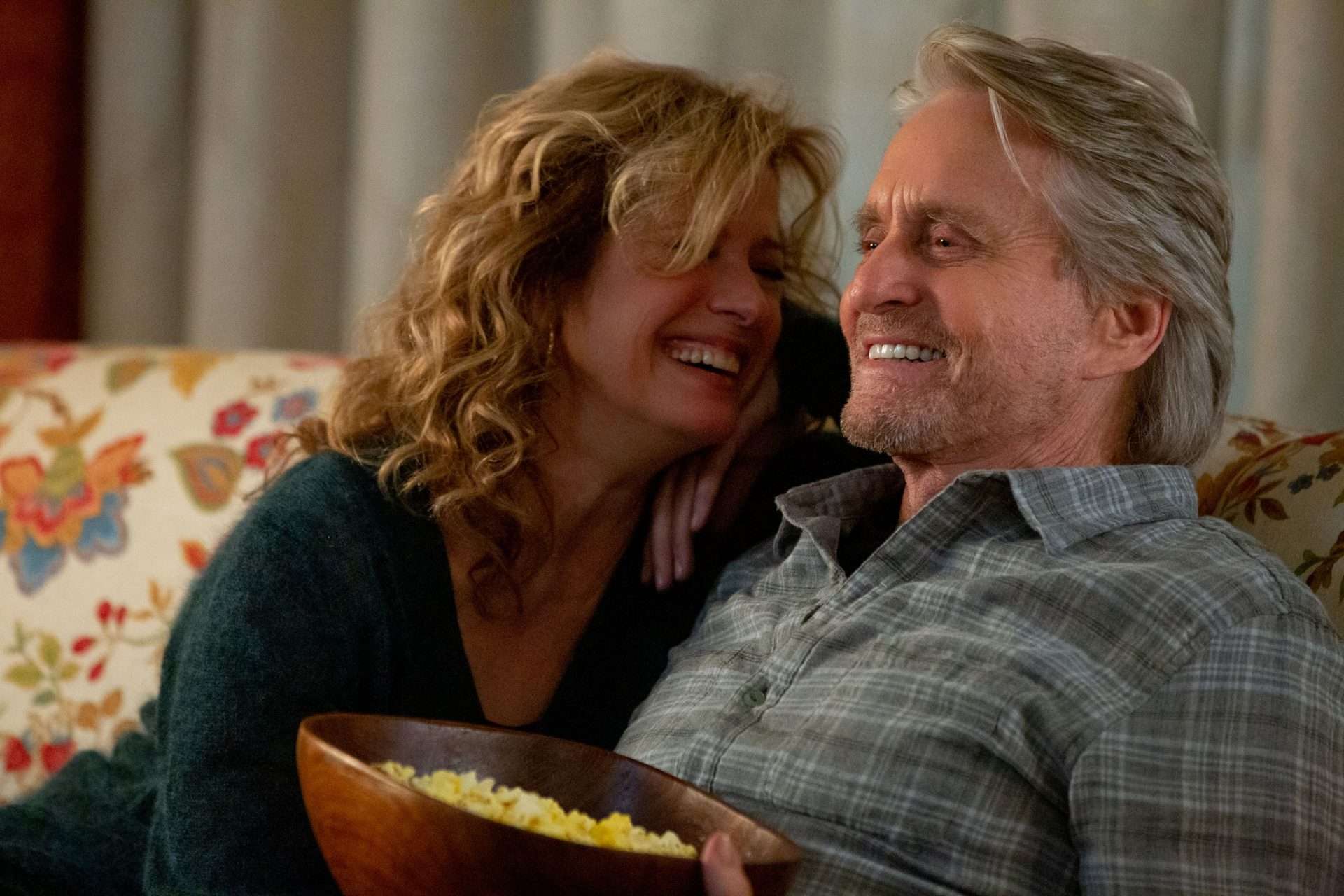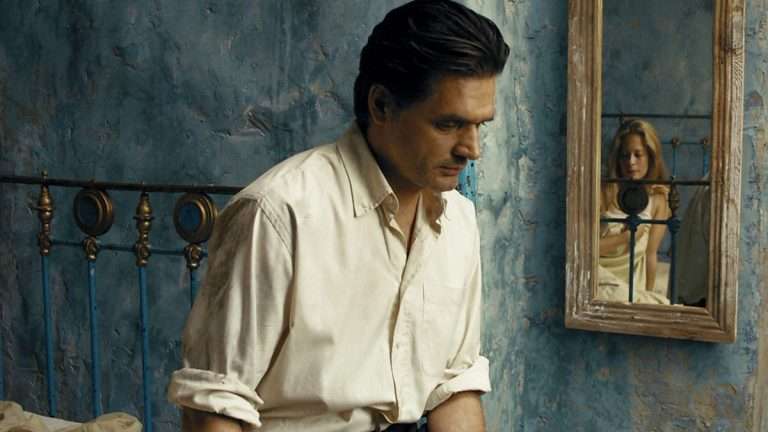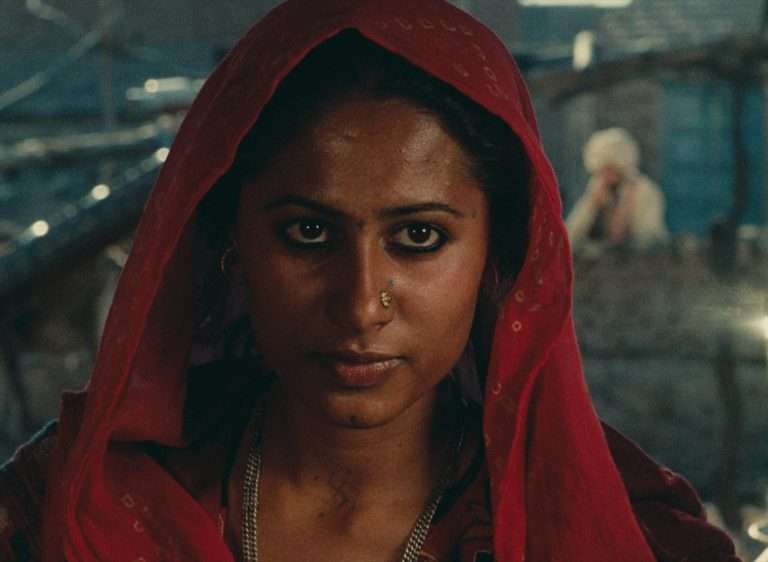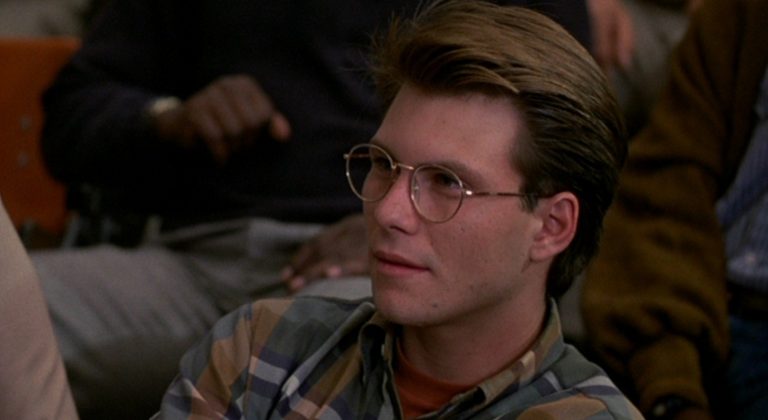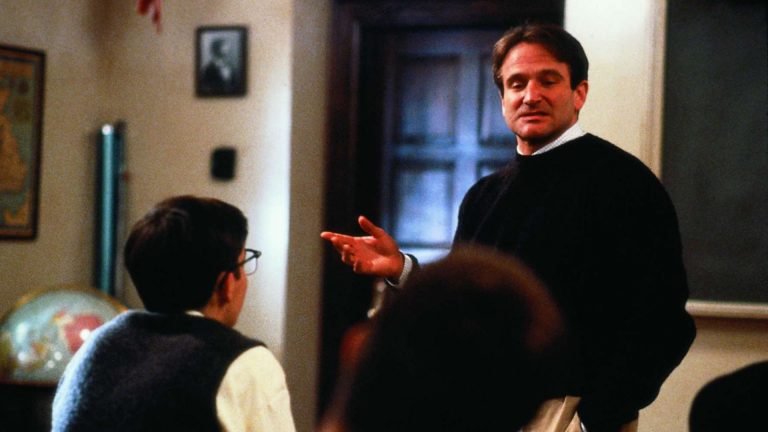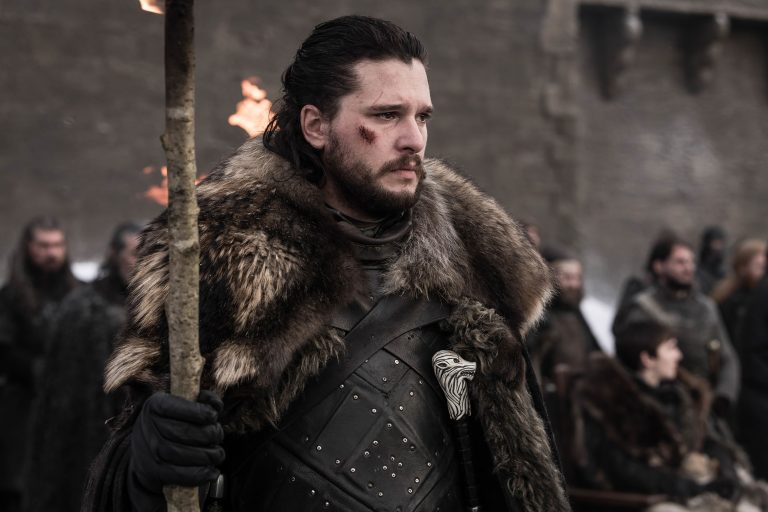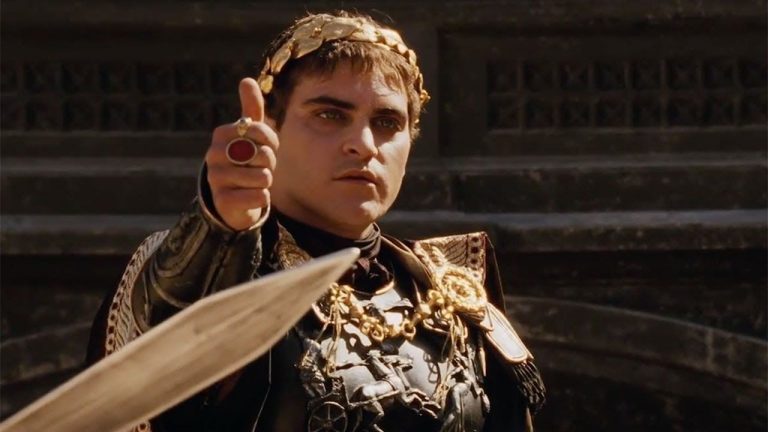Disclaimer: a so-called all-encompassing list of any streaming service’s productions will never be, for that matter, all that encompassing. Case in point a Best Netflix Original TV Shows list may not actually have everything that’s best on the streamer.
With a myriad of new content coming out daily, weekly, and monthly, it is hard for any avid writer and fan, no matter how dedicated, to keep up with everything that is released on every platform. With that in mind, this list does not promise to be an all-encompassing guide as much as it attempts to revisit my previous attempt to do so. It has been years since my first effort to create a brief but informative list of Netflix’s best original series (link to the previous link). Since then, new shows have come out, old shows have ended, and others have been canceled. More important, however, is the fact that no one can comprise Netflix’s entire original catalog into a list. Any attempt to do so would be foolish.
In view of this, the main goal of this list is not to provide a definitive guide to Netflix’s original series. My goal, however, is to provide an accessible list of varied series that can appeal to any viewer with differing tastes. In doing so, I revisit some previous entries of my old list while including some new series worthy of recognition. What binds all these entries together is the one and only fact, despite their differences in genre, format, and length, that they are all streamed on Netflix:
15. Bloodline
“When the black sheep son of a respected family threatens to expose dark secrets from their past, sibling loyalties are put to the test.”
An unfairly overlooked series, Bloodline is as good as family dramas can get. It starts as a slow-burn drama, and the series quickly turns into a gripping crime thriller where everyone’s got something to hide. Set in the Florida Keys, the beautiful scenario slowly becomes more suffocating as things go bad for the Rayburn family. Ben Mendelsohn is doing what he does best, playing the troubled black sheep of a family that also consists of Sissy Spacek and Sam Shepherd as his conniving parents and Kyle Chandler, Linda Cardellini, and Norbert Leo Butz as his equally troubled younger siblings.
Despite a considerable drop in quality in the third and final season, which leads to a frustrating finale, Bloodline is the epitome of a series that is still worth a watch despite its rushed conclusion. After all, it is about the journey and not the destination – ironically, the motto that Mendelsohn’s Danny seems to live by within the series.
14. The Crown
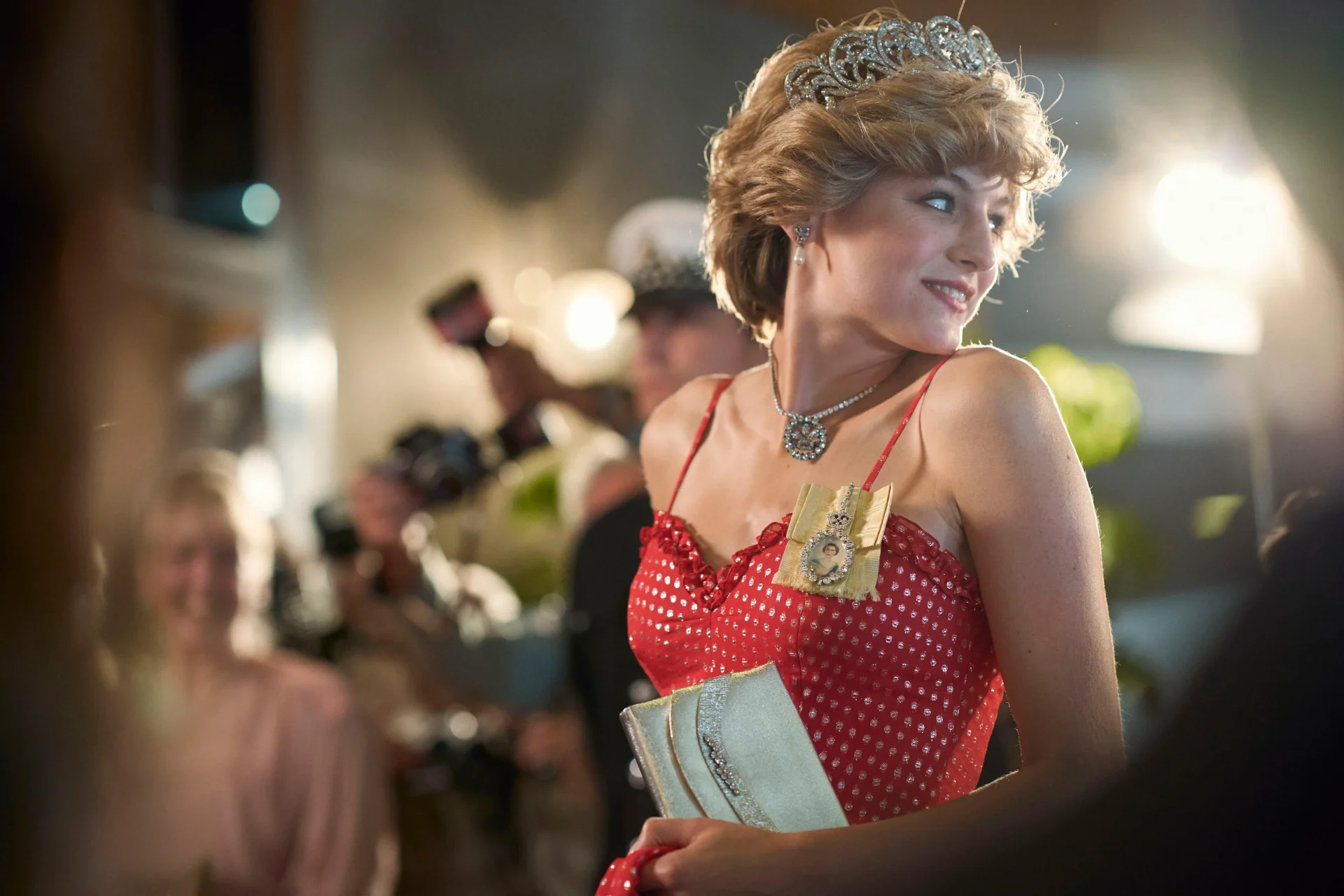
“This drama follows the political rivalries and romance of Queen Elizabeth II’s reign and the events that shaped the second half of the 20th century.”
No one does period dramas, costume dramas, or any sort of historical drama like the Brits – just look at the success and longevity of Downtown Abbey across several media forms for proof of that. So it is no surprise that a series focused on the Windsors featuring an ensemble cast would make for a television hit. Not only is The Crown magnificently acted by its many A-list performers, but it also has an undeniable cinematic quality due to its exquisite cinematography and production design. Full of compelling politics and engaging historical recreations, the series balances the everyday lives of the monarchs with how they are impacted by major historical events of the time period.
As the cast changes every two seasons, the series constantly introduces real-life figures to its plot while keeping track of the leading players (Elizabeth, Phillip, Charles, Diana, etc.) as they age and grow under the public eye. As the series approaches its end with the upcoming sixth and final season, The Crown is one of Netflix’s most consistent shows in terms of quality and profits alike, remaining a staple of high-end period television with its fair share of melodrama to attract audiences on both ends of the spectrum.
13. Dead to Me
“A hot-headed widow searching for the hit-and-run driver who mowed down her husband befriends an eccentric optimist who isn’t quite what she seems.”
In recent years, friendships have increasingly taken up more space within film and TV. Since the bromance films of Seth Rogen and James Franco popularised such kinship in the early 2000s, romance has taken a step back to give same-sex friendships the center stage on screen. The sphere of the female alliance has been mainly developed on television over the last decade. Series like Sex and the City, Girls, Broad City, and Big Little Lies show how different genres explore kinship among women. Dead to Me is the latest addition to this growing subgenre.
It takes up a similar premise to Netflix’s other take on the genre, Grace and Frankie – both shows see two seemingly incompatible women pitted together when they reach rock bottom, only for them to rise back up through each other’s help. Only Dead to Me is darker in tone, dealing with issues such as grief, friendship, loss, and womanhood with both sardonic levity and careful consideration.
Christina Applegate and Linda Cardellini, both powerhouse names on their own, strengthen each other’s layered performances, adding meaning where, without one another, would have been none, much like their characters do on the show. Though the bittersweet, much-anticipated, much-delayed third and final season gave these women the space to find closure exactly how they wanted to – something rarely seen in mainstream Hollywood, either on or off-screen.
12. The Witcher
“Geralt of Rivia, a mutated monster-hunter for hire, journeys toward his destiny in a turbulent world where people often prove more wicked than beasts.”
It has been decades since the fantasy genre belonged only to the nerds. Undeniably excluded and diminished by mainstream culture, it was often pushed aside along with sci-fi and horror, with all three genres being branded as lowbrow and appealing only to a very specific niche, aka the geeks. However, with popular generic franchises continuing to successfully (and profitably) expand across different mediums and the ever-growing normalization of Comic Con-like events, geek culture is now simply pop culture. This allows shows like The Witcher to be as highly regarded as it has been.
The series follows in the success of Game of Thrones; with their high production values, three-dimensional performances, and skillful worldbuilding, both create a cinematic feel that appeals to audiences beyond the readers of the book series they are based on. Despite the ongoing casting drama about the fate of Geralt of Rivia over the next few seasons, Henry Cavill gives the performance of a lifetime, and whoever fills his shoes will have a heavy burden to bear. One can only hope, casting disputes aside, that the real stars of The Witcher – the writers – will continue to produce their work without any drop in quality.
11. BoJack Horseman
“Meet the most beloved sitcom horse of the ‘90s, 20 years later. He’s a curmudgeon with a heart of… not quite gold… but something like gold. Copper?”
The crossover between animation and comedy is one of film and TV history’s most unlikely yet successful duos. Both genres are deemed ‘lowbrow,’ with the first seemingly appealing only to children and the latter only to unintellectual audiences. BoJack Horseman wonderfully rejects both stereotypes creating, in turn, perhaps something even too adult and intellectual. On the small screen, the genre of adult animated series has always been a staple of television, using the straightforward structure of the average sitcom but in cartoon form.
Case in point, The Simpsons reigned the ratings in the 1980s, with Family Guy taking it over in the 1990s and King of the Hill bringing the genre into the 21st century. Adult-oriented animation seems to be enjoying something of a renaissance at the moment, with the longstanding success of fan favorites Archer and Rick and Morty allowing the likes of The Midnight Gospel and The Great North to reinvent the genre even further.
Even three years after it aired its final episode, Netflix’s first adult animated series remains a pioneer in the genre. At first glance, BoJack Horseman might strike one as the animated version of Two and a Half Men. Featuring an over-the-hill showbiz entertainer past his prime, Will Arnett’s BoJack indulges in sex, drugs, and alcohol almost as much as Charlie Sheen’s Charlie Harper (or Sheen himself, for that matter). Unlike its live-action counterpart, BoJack Horseman uses such devices to tackle more profound, philosophical themes rarely explored in the average sitcom, such as existentialism, nihilism, mortality, stardom, and loneliness.
Intensely dark and sardonic, BoJack is a satiric caricature of the A-list Hollywood star we are all taught to idolize in our celebrity-focused culture. Similarly, BoJack Horseman is a postmodern pastiche of such a society in which stardom and narcissism are put on a pedestal, with the series focusing on the resulting narcissism and self-loathing that comes from it instead.
RELATED TO 10 Best Netflix Original TV Shows: THE BEST NETFLIX ORIGINAL MOVIES OF 2019
10. Stranger Things
“When a young boy vanishes, a small town uncovers a mystery involving secret experiments, terrifying supernatural forces, and one strange little girl.”
In a time where people are incredibly nostalgic for the 1980s, Stranger Things is the real deal. Inspired and aesthetically formed by the works of Steven Spielberg, John Carpenter, and Stephen King, the show is a fun homage to that decade, full of pop culture references and easter eggs. From the investigative drama genre to sci-fi, Stranger Things has its fair share of funny, exciting, and scary moments that will appeal to everyone’s taste. If not hooking its audience with its wide variety of genres, the series can win many viewers with its fan-favorite characters.
With the show’s increasing popularity, its budget has skyrocketed and, therefore, so have the risks of making the series. This has led to darker, more somber writing, with the latest seasons taking themselves a bit too seriously, losing the charming, fun factor of the show as a result. Despite this, Stranger Things remains incredibly well-crafted, acted, and edited, continuing to prove itself a tremendous hit amongst audiences worldwide.
9. Black Mirror
“This sci-fi anthology series explores a twisted, high-tech near future where humanity’s greatest innovations and darkest instincts collide.”
For a series whose whole focal point is to examine modern society concerning the unanticipated consequences of new technologies, the broadcasting history of Black Mirror itself could make up an episode of Black Mirror. The series initially aired on the Channel 4 network, an epitome of the ‘traditional’ and seemingly dying format of broadcast television, before the ever-growing, unstoppable force of streaming services (in this case, Netflix) purchased the show. Inspired by The Twilight Zone, creator Charlie Brooker provides the contemporary viewer precisely the same thing Rod Serling provided his audiences in the 1960s: twisted, dystopian sci-fi storylines pushing speculative fiction’s boundaries. At the same time, the very society it is mocking becomes increasingly like a twisted, dystopian sci-fi.
The format of the anthology series, made famous and credible again by series like American Horror Story and Fargo, allows Black Mirror to explore a wide variety of philosophical and existential questions within very likely scenarios in which the technological singularity is an extreme reality. Still, Black Mirror is for today’s audience what Play for Today was for viewers in the 1970s and ‘80s. Products of British broadcast television, both programs were designed to reflect current sociopolitical problems in (mostly British) society, raising important philosophical and moral questions about the contemporary world.
Even though, throughout its twelve-year run, its six seasons consist of a string of hit-or-miss episodes, the ones that do hit are very much on target. From The National Anthem and USS Callister to Playtest and Loch Henry, there are enough excellent episodes to keep running until our world matches the one on screen. Even though each standalone story is full of satire, black humor, and cynicism, they never fail to be genuinely scary, as every threat dealt with is a very credible and impending one in our high-tech society.
8. Ozark
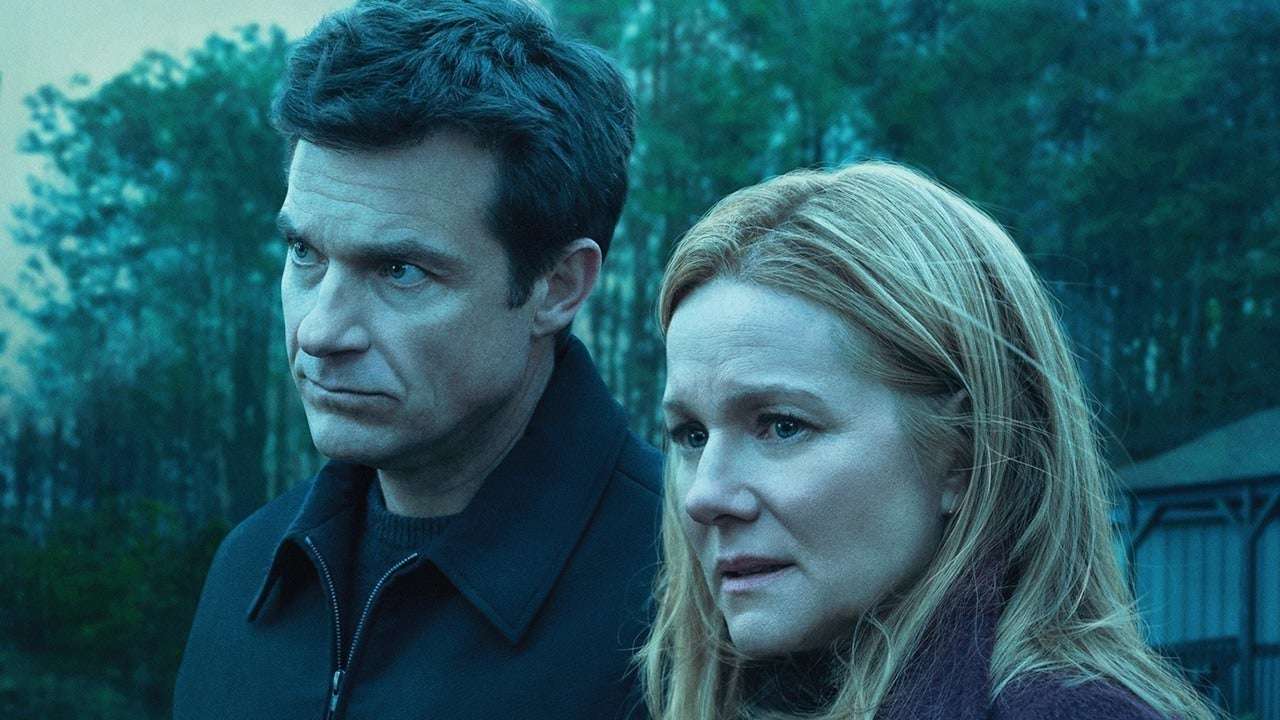
“A financial advisor drags his family from Chicago to the Missouri Ozarks, where he must launder $500 million in five years to appease a drug boss.”
Often compared to Breaking Bad, Ozark is much more than a wanna-be and does its take on the crime drama genre. Full of plot twists and flashbacks, the series innovates the fish-out-of-water concept with a well-crafted plot strengthened by a layered, complex performance from funny-man-turned-dramatic actor Jason Bateman. Laura Linney and Julia Garner are both increasingly magnificent as they become more potent with each episode. The series elevator pitch – and the best way to describe it, even now, after it is over – must be Bloodline meets Breaking Bad. The first focused on the family aspect of a family involved in crime, but the latter focused on the crime itself. Ozark perfectly balances both, portraying violent cartel murders with the same frequency and intensity as Marty and Wendy’s constant marital fights.
Unlike Bloodline, however, the writing in Ozark gets progressively better as the Byrds find themselves deeper and deeper in their problems throughout the seasons, leading to an inevitably doomed finale that is just as unfavorable for them as it is rewarding for the viewers. Gripping, thoughtful, and dark, Ozark has everything it takes to be remembered as one of the great crime dramas it is frequently compared to.
7. Midnight Mass
“The arrival of a charismatic young priest brings glorious miracles, ominous mysteries, and renewed religious fervor to a dying town desperate to believe.”
Cinema has had its fair share of memorable priests. From Max von Sydow in The Exorcist (1973) and Robert De Niro in Sleepers (1996) to Philip Seymour Hoffman in Doubt (2008) and Ethan Hawke in First Reformed (2017), A-list actors have long been portraying men of God on the big screen. And so it was finally time that a notorious priest came along in television as well – all due respect to Andrew Scott in Fleabag, who came close but could not reach such heights since he was reduced to the role of the love interest. No, the priest we finally deserve came unsuspectingly in the form of Hamish Linklater’s Father Paul.
In a role that has the manic charisma of Jack Torrance (The Shining (1980)), the fascist authority of Nurse Ratched (One Flew Over the Cuckoo’s Nest (1975)), and the sheer savagery of Hannibal Lecter (The Silence of the Lambs (1991)), Linklater gives a multifaceted performance that ranks him amongst the most iconic and terrifying villains in the history of pop culture. The rest of the main cast consists of solid performances from Kate Siegel, Rahul Kohli, and especially Zach Gilford as the tortured Riley, who all do a tremendous job but cannot hold a candle to Linklater.
As Linklater holds his own candle to God, Midnight Mass has the audience questioning their views on religion, faith, mortality, and Christianity. Creator Mike Flanagan poses such questions in an elegant, gory, and efficient way – the seven-episode miniseries approach biblical themes in a strangely refreshing way rarely seen like this in the horror genre.
6. Grace and Frankie
“They are not friends, but when their husbands leave them for each other, proper Grace and eccentric Frankie begin to bond in this Emmy-winning series.”
A great addition to the ever-popular dramedy genre, Grace and Frankie reunite Jane Fonda and Lily Tomlin more than 30 years after 9 to 5 (1980). Created by the legendary Marta Kauffman (Friends), this delightful show has a heart of gold that is reinforced by the undeniable chemistry between its two lead actresses. Martin Sheen and Sam Waterston make up the rest of the A-list leading foursome as their hilarious ex-husbands who embark on a unique path. Between the platonic friendship of Fonda’s Grace and Tomlin’s Frankie and the romantic relationship of Sheen’s Robert and Waterston’s Sol, these four Hollywood titans break stereotypes of what companionship really looks like in one’s twilight years.
Their adult, but not-so-grown-up kids, completes the main cast, played by June Diane Raphael, Brooklyn Decker, Ethan Embry, and Baron Vaughn, all of whom use their unique sensibilities as they struggle with and help their parents navigate this unusual new chapter in their lives. The longest-running original Netflix series, Grace and Frankie, finally concluded with the release of an incredibly poignant seventh season in 2022. Heartwarming, melancholic, and enjoyable to all ages, Grace and Frankie is also full of important messages about aging, sexuality, and family, making it the perfect kind of entertainment for the 21st century.
5. Godless
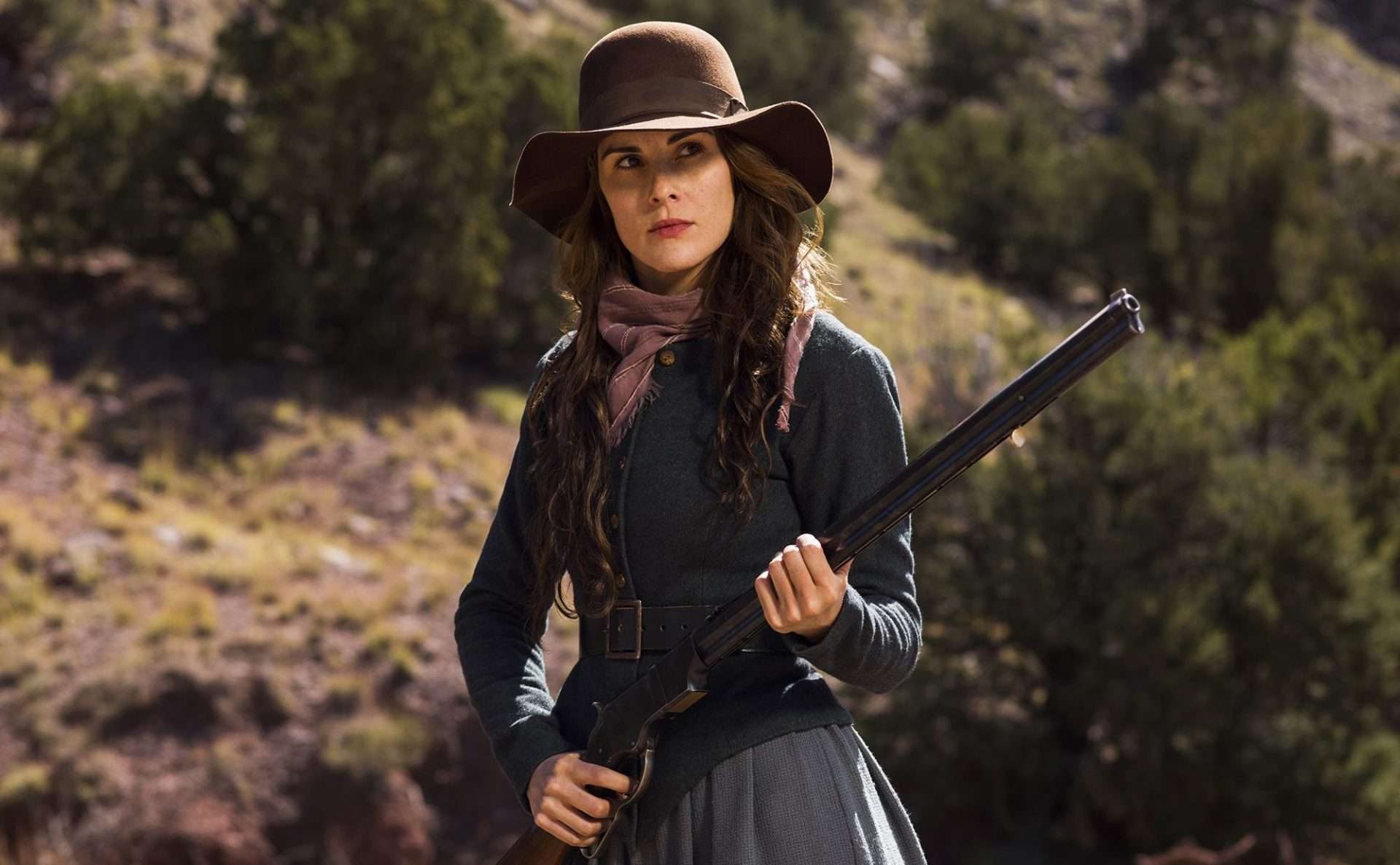
“A ruthless outlaw terrorizes the West in search of a former member of his gang, who has found a new life in a quiet town populated only by women.”
Film genres are merely cyclical, ever-changing with different social, political, and cultural milieus. There is no better example of this than the slow, long-coming death of the Western. Much like the expansionist, ‘Manifest Destiny’ mentality was the ethos of the Western, the corruptive concentration of power within corporations is the driving force behind the likes of the Marvel and DC universes. This change sees the once-idolized, rugged cowboys of the Old West now being replaced by high-tech, cosmopolitan superheroes. Yet, every couple of years, a new series or film emerges, which sees journalists, critics, and historians alike talking about the resurgence of the Western genre. There is no better example of this than Scott Frank’s Godless.
With an ensemble cast – featuring award-winning performances from Jeff Daniels and Merritt Weaver – breathtaking cinematography, and high production values, Godless proves that the genre has not drawn its last breath yet. Featuring Native Americans, horses, standoffs, and brutal violence, this seven-episode miniseries uses every generic convention in the Western canon book to subvert expectations. Updating the genre’s themes while paying homage to its roots, Godless shows us that the Western is not ready to ride off into the sunset just yet.
Related to The 10 Best Netflix Original TV Shows: 10 REASONS WHY GODLESS IS THE BEST NETFLIX ORIGINAL SERIES
4. Mindhunter
“The Behavioural Science Unit’s killer instincts move from theory into action when the FBI joins in a high-profile hunt for a serial child murderer.”
In an age where murder has been commodified for our entertainment, it is hard not to give in to such a trend. From endless true crime podcasts to an array of sensationalist documentaries on serial killers, how does one even distinguish between an actual well-made thriller with high production values and a piece of media intended to capitalize off gruesome crimes and innocent victims? Undoubtedly, Mindhunter stands as the best example of the first category. The series is based on a true-crime book by ex-FBI agent John E. Douglas.
When adapted by people with the wrong vision, this source material is often sensationalized for the sake of shock value or even made dull by relying too heavily on forensic details. But showrunner David Fincher makes sure that the process of criminal profiling is not exploited but presented with the same thoughtful and meticulous consideration with which he explores investigative journalism in Zodiac (2007), for instance, and detective work in Seven (1995).
Unlike the aforementioned clickbait type of docs that have the serial killer as a star worthy of celebrity status, Mindhunter rethinks its genre by focusing not on the criminals but on the crimes themselves. Despite featuring infamous figures such as the Son of Sam, Charles Manson, and Edmund Kemper, the short-lived series remains gripping and trailblazing since Fincher brings to the small screen his career-long fascination with crimes as unsolvable puzzles, prioritizing issues such as motive and methodology as opposed to the pathology of the men who committed such heinous crimes.
3. Sex Education
“Insecure Otis has all the answers when it comes to sex advice, thanks to his therapist mom. So rebel Maeve proposes a school sex-therapy clinic.”
As we are halfway through 2023, there is no denying that we live in a woke culture dominated by the fourth wave of feminism, the #MeToo campaign, and the Black Lives Matter movement. Still, considering how liberal and radical our culture has gotten throughout the last few years, it is baffling that the vast majority of mainstream Hollywood films and series still have not caught up with the new sociopolitical agenda. The success of a show such as Sex Education reflects how far we have come as a society, while the series’ themes illustrate how much further we still have to go.
Up-and-coming Asa Butterfield and veteran Gillian Anderson are the perfect mother-and-son duo in this refreshing dramedy. With typical British wit and a modern, feminist take on the subject matter, Sex Education successfully breaks the taboo that comes with the sex comedy genre and establishes its positive attitude towards sexuality, identity, gender, non-normative relationships, and love itself. The gay best friend isn’t your clichéd stock character, thanks to a thoughtfully written screenplay and to Ncuti Gatwa’s heartfelt, scene-stealing performance.
As the series grew in popularity, its tone and aesthetic distanced themselves from the British culture in which it is set, adding more American customs and references to attract audiences across the pond. With the release of the fourth and final season within the next couple of months, we cannot help but wonder how Sex Education will conclude the coming-of-age journeys of its unique characters.
RELATED TO 10 Best Netflix Original TV Shows: THE BEST NETFLIX ORIGINAL MOVIES OF 2018
2. Dark
“A missing child sets four families on a frantic hunt for answers as they unearth a mind-bending mystery that spans three generations.”
The Germans have always been pioneers of the sci-fi genre. From the novels of ‘the father of German science fiction’ Kurd Lasswitz to Fritz Lang’s masterpiece of German expressionist cinema Metropolis (1927), Germany’s efforts within the genre have always been remarkable, visionary, and also bleak. It would be only a matter of time before they conquered the small screen with an equally radical sci-fi product reflecting our current times. This comes in the form of Dark, Netflix’s first original German-language series. Seemingly about the disappearance of a missing child in a small town, the release of Dark in 2017 – merely a year after the Stranger Things phenomenon took over the world – seemed like the German reappropriation of the Duffer Brothers’ show. However, within just a few minutes into the pilot episode, it is clear that Dark is no poor man’s Stranger Things.
Darker (no puns intended), more complex, and more avant-garde, the series has more in common with the burgeoning Nordic noirs than it does with any Hollywood production. Though time travel is a popular go-to plot device within science fiction, Dark presents it with such a mind-boggling accuracy that it has not been seen in the genre since the extremely complex Primer (2004). It draws heavily on quantum physics and concepts such as general relativity and wormholes to tackle philosophical themes such as determinism, existentialism, free will, and the human condition, being able to impress even the nerdiest physicist and most opinionated philosopher.
1. The Kominsky Method
“Acting coach Sandy Kominsky and best friend Norman Newlander keep each other laughing as they navigate the ups and downs of getting older.”
Dubbed ‘the king of sitcoms,’ Chuck Lorre (Two and a Half Men, The Big Bang Theory, Young Sheldon) comes back with a very different show from his previous ones. The Kominsky Method has titans of the big screen – Michael Douglas and Alan Arkin – presenting a unique portrayal of life and aging as they question their mortality in the modern, non-stopping world. Douglas’ Sandy and Arkin’s Norman deal with loss, mortality, grief, and addiction as they also juggle romantic and family responsibilities later in life. Its meditations on dating see the real-life womanizing Douglas confront his Lothario star persona on screen as his fictional counterpart Sandy struggles to adjust to the many cons and very few pros of dating in his golden years.
Through profoundly touching and funny supporting performances as their respective daughters, Sarah Baker and Lisa Edelstein, each presents their fathers with unique challenges that force them to rethink their long-held beliefs and worldviews, often in comical ways. The Kominsky Method features wonderfully amusing and poignant performances by its principal and supporting cast and has a bittersweet sense to its comedy, just like life itself. The final season has the recently gone Arkin at the center of the narrative, making its meditations on life and death even more maudlin than the previous lighter seasons.

/cdn.vox-cdn.com/uploads/chorus_image/image/49725547/bloodlinemain.0.jpg)
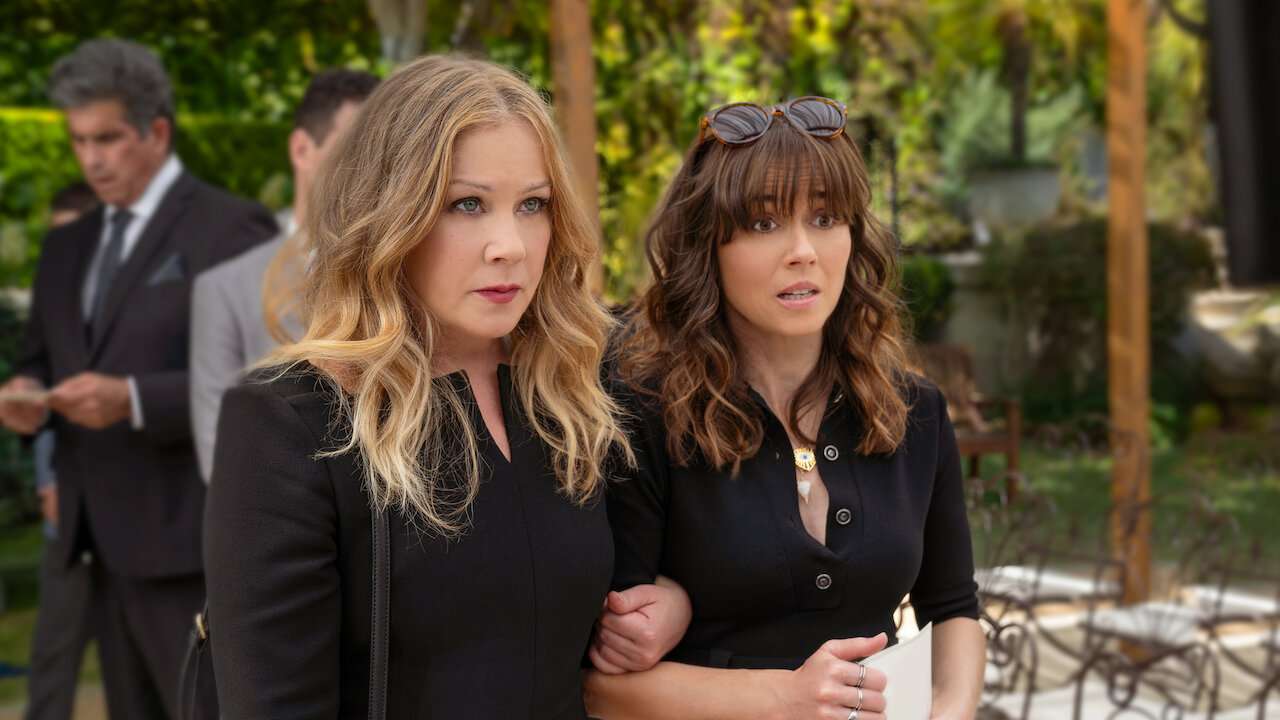
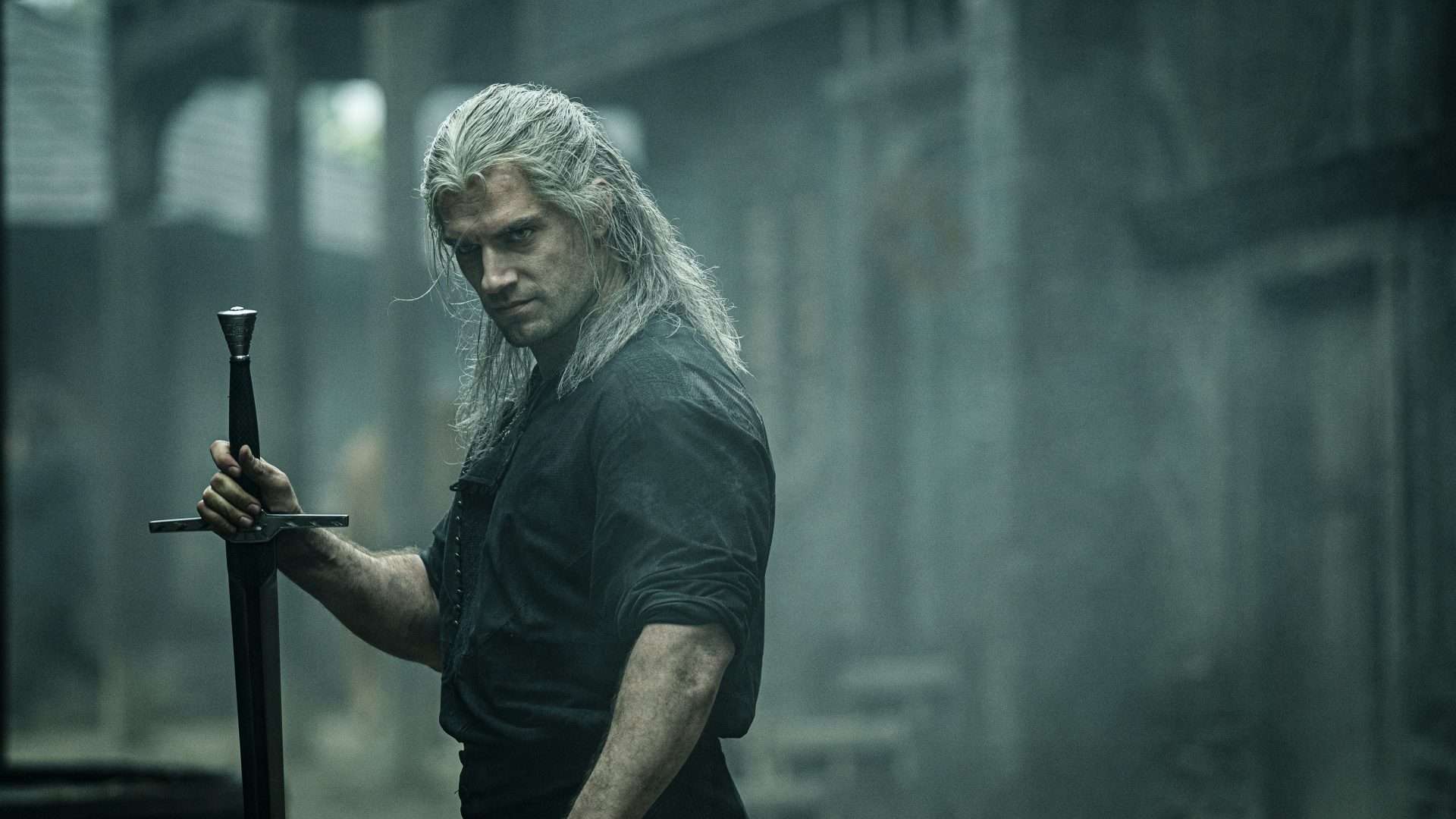
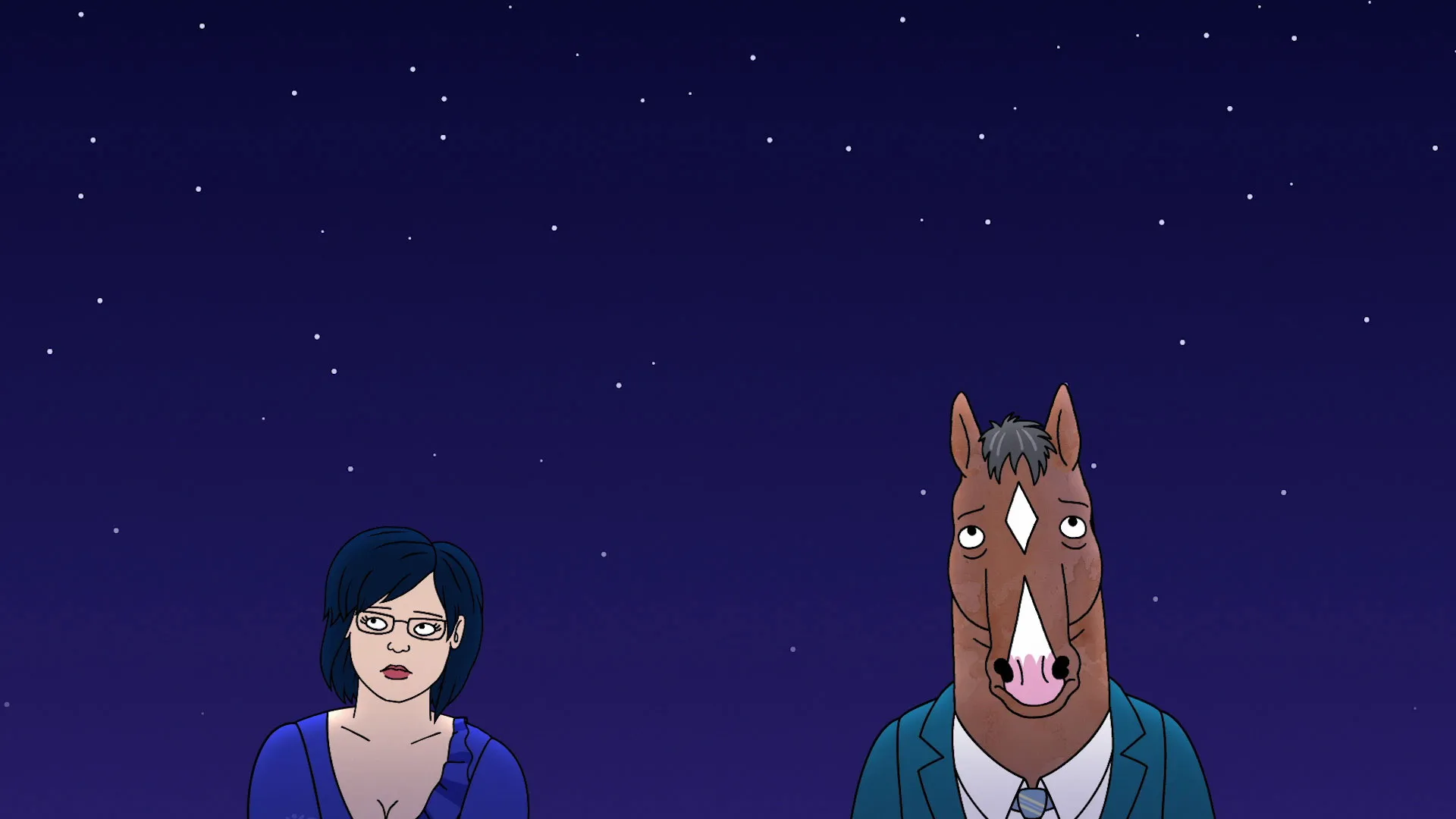
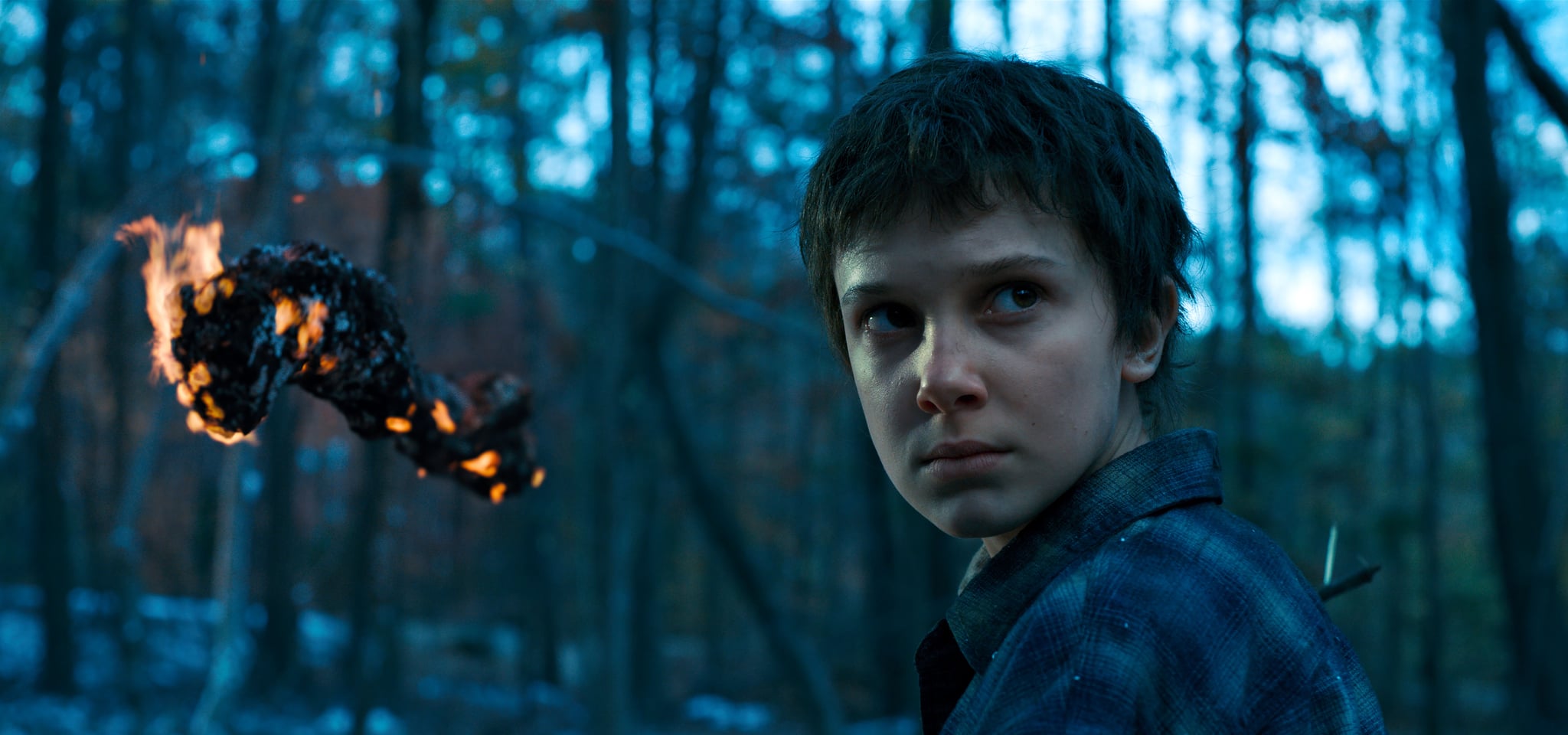
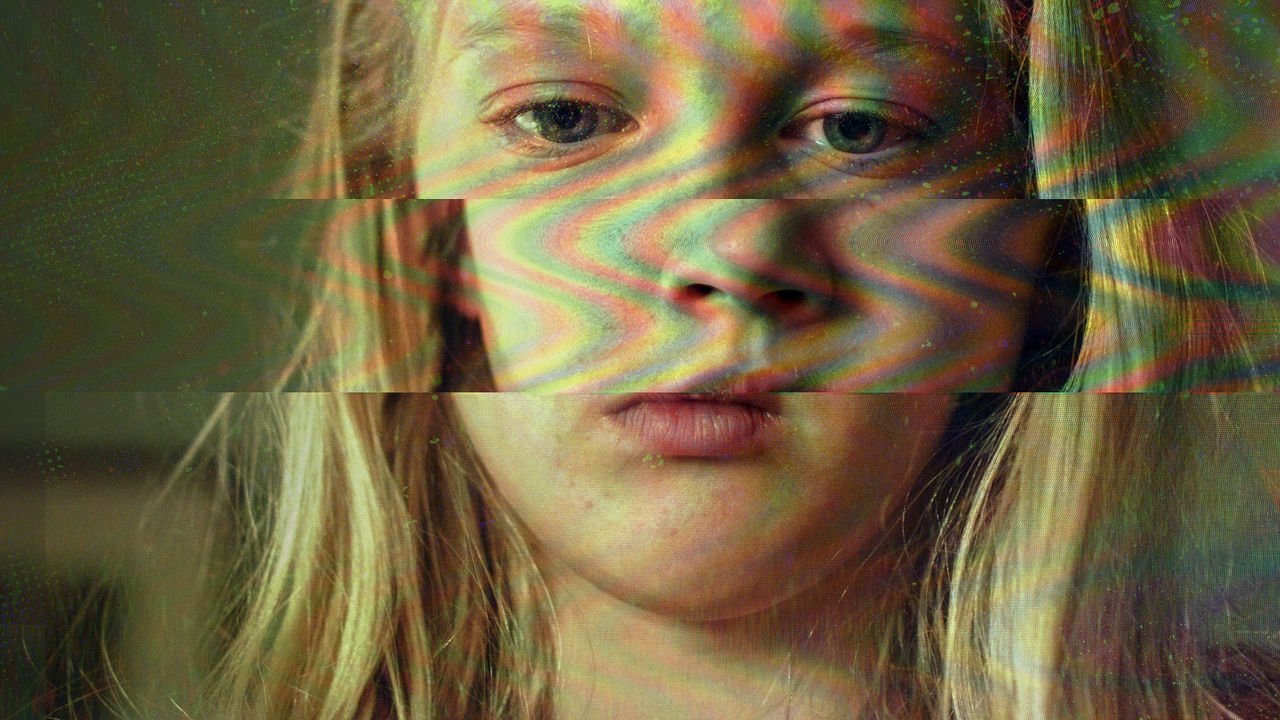
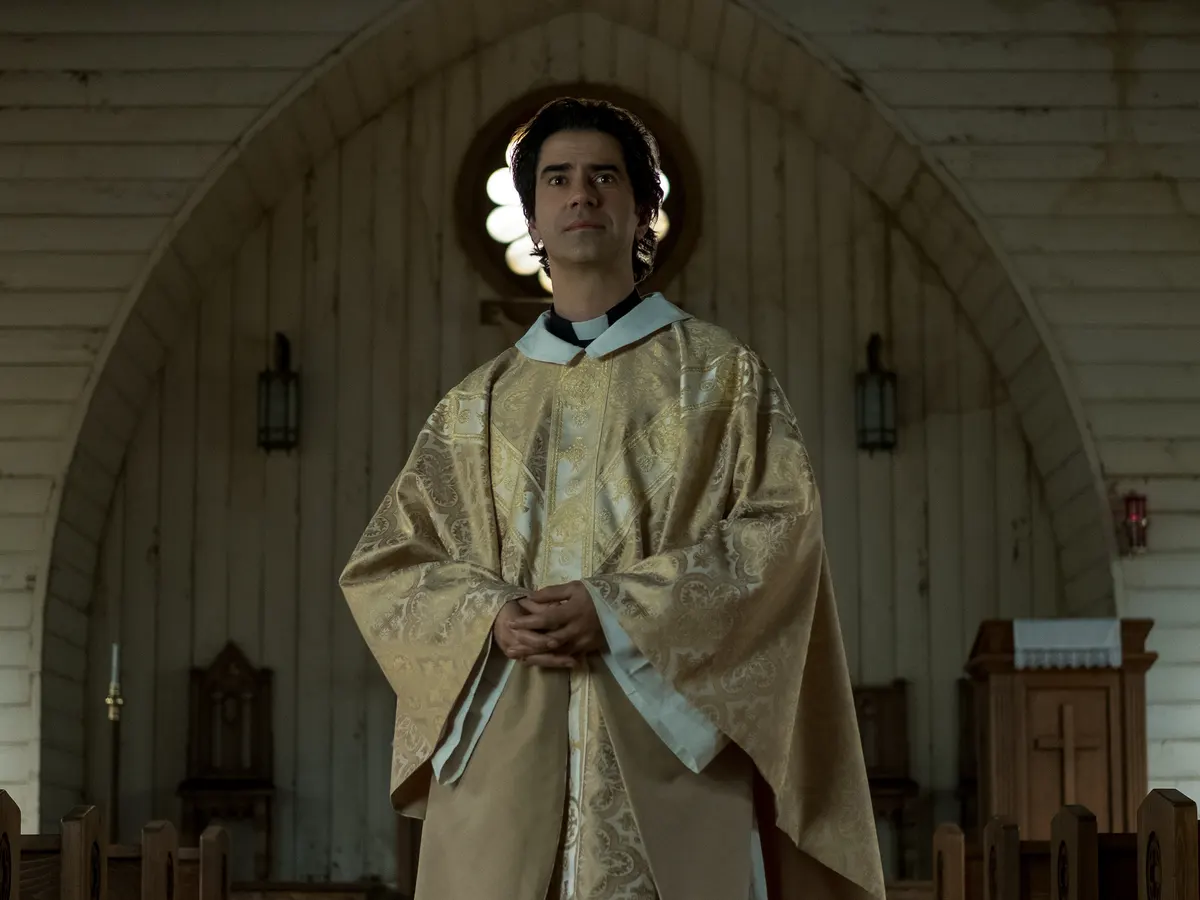
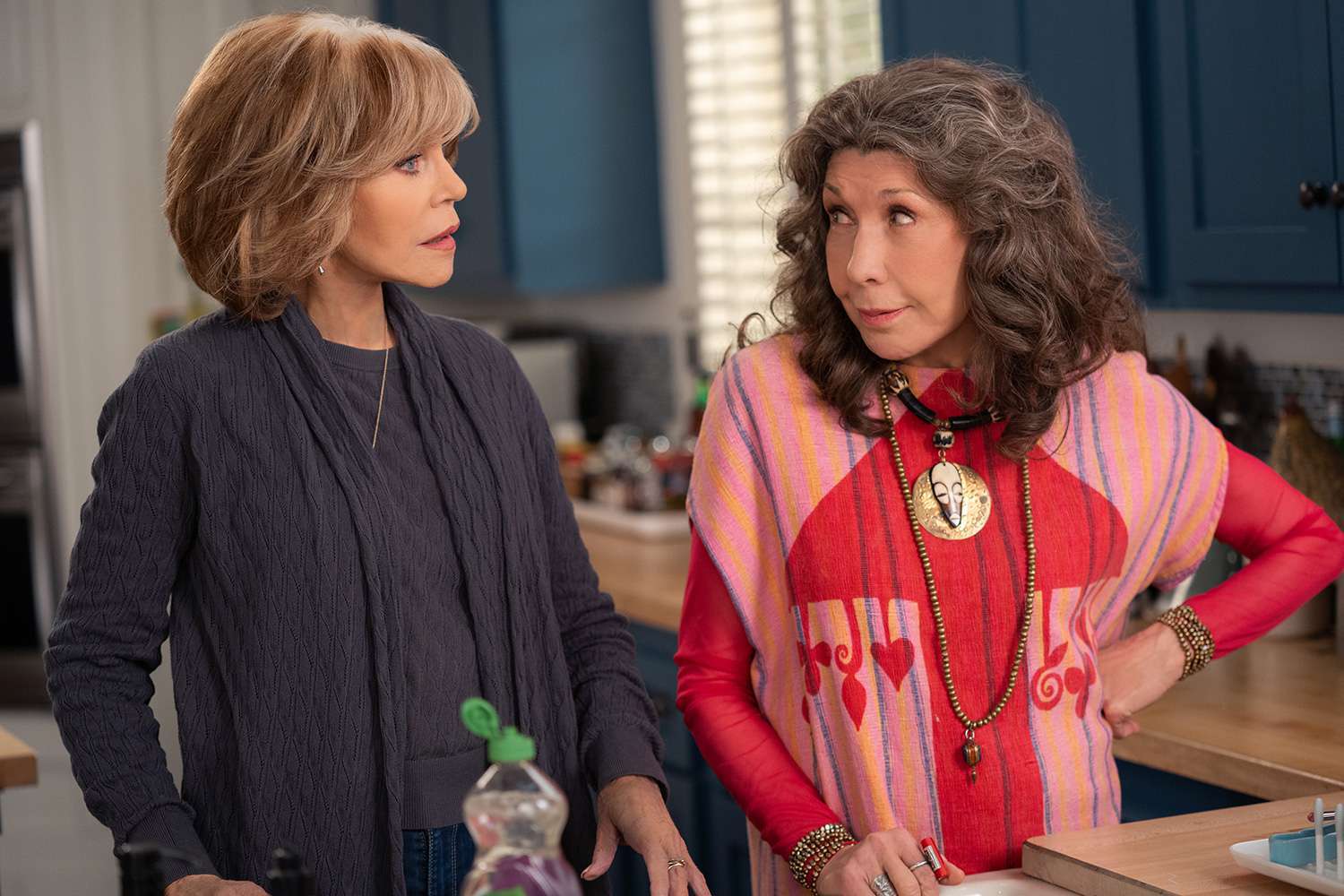
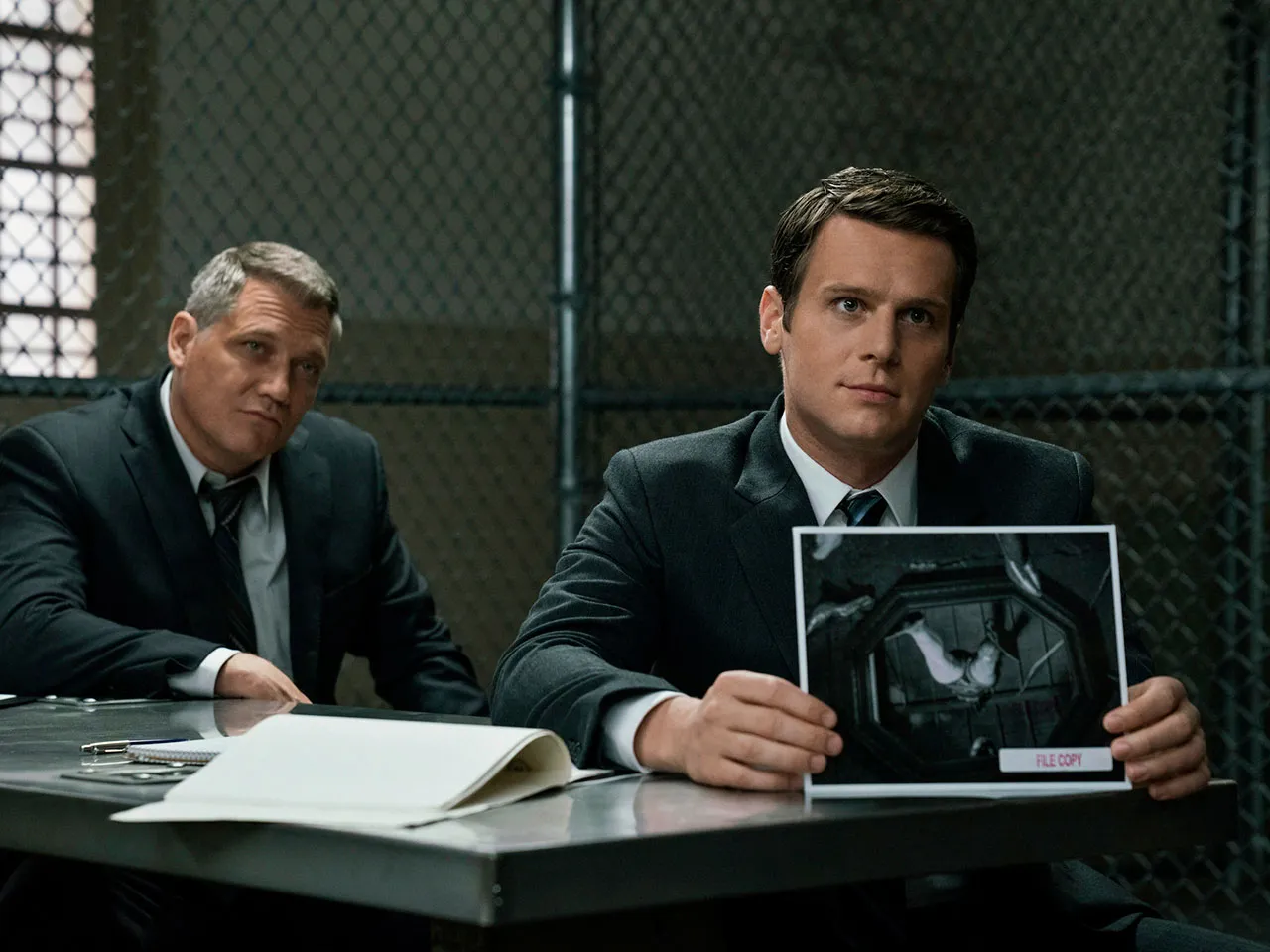
/cdn.vox-cdn.com/uploads/chorus_image/image/62829380/MV5BMjIyMTE0NzE0OV5BMl5BanBnXkFtZTgwNTI5MTgwNzM_._V1_SX1500_CR0_0_1500_999_AL_.0.jpg)
